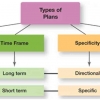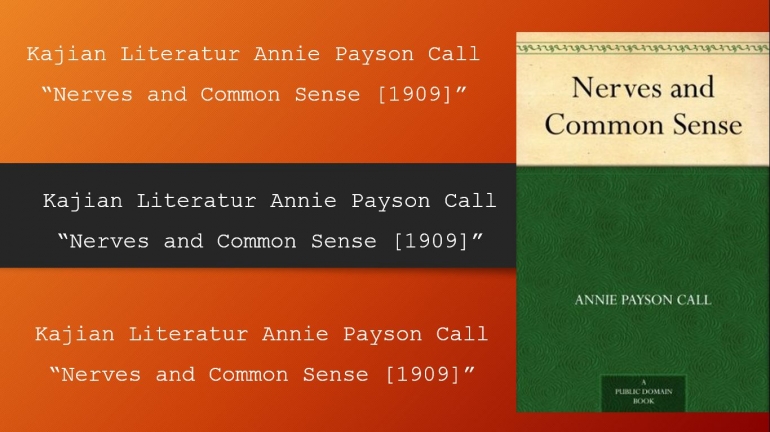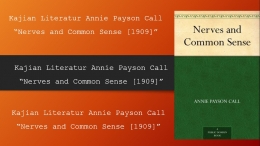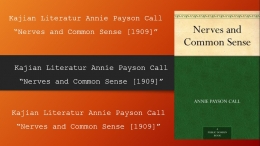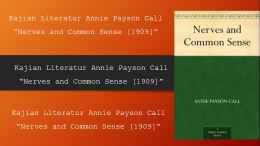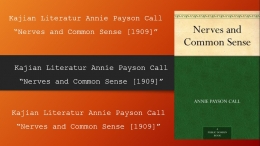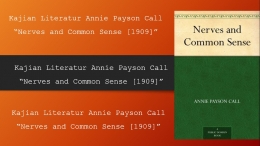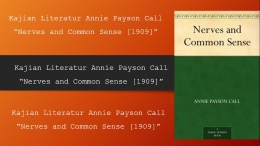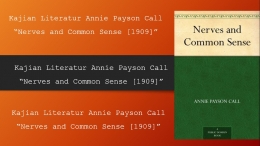Then she told it and brought the horrors out in weird, over-vivid colors. It was horrible, but she was increasing the horrors by the way in which she dwelt on it.
Finally, when she paused long enough to give the doctor an opportunity to speak, he said, very quietly: "Madam, will you kindly say to me, as gently as you can, 'I have had a severe nervous shock.'" She looked at him without a gleam of understanding and repeated the words quietly: "I have had a severe nervous shock."
In spite of herself she felt the contrast in her own brain. The habitual blatancy was slightly checked. The doctor then tried to impress upon her the fact that she was constantly increasing the strain of the shock by the way she spoke of it and the way she thought of it, and that she was really keeping herself ill.
Gradually, as she learned to relax the nervous tension caused by the shock, a true intelligence about it all dawned upon her; the over-vivid colors faded, and she got well. She was surprised herself at the rapidity with which she got well, but she seemed to understand the process and to be moderately grateful for it.
If she had had a more sensitive temperament she would have appreciated it all the more keenly; but if she had had a more sensitive temperament she would not have been blatant about her shock.
CHAPTER XXI
Contrariness
I KNOW a woman who says that if she wants to get her father's consent to anything, she not only appears not to care whether he consents or not, but pretends that her wishes are exactly opposite to what they really are. She says it never fails; the decision has always been made in opposition to her expressed desires, and according to her real wishes. In other words, she has learned how to manage her father.
This example is not unique. Many of us see friends managing other friends in that same way. The only thing which can interfere with such astute management is the difficulty that a man may have in concealing his own will in order to accomplish what he desires. Wilfulness is such an impulsive quantity that it will rush ahead in spite of us and spoil everything when we feel that there is danger of our not getting our own way. Or, if we have succeeded in getting our own way by what might be called the "contrary method," we may be led into an expression of satisfaction which will throw light on the falseness of our previous attitude and destroy the confidence of the friend whom we were tactfully influencing.
To work the "contrary method" to perfection requires a careful control up to the finish and beyond it. In order never to be found out, we have to be so consistent in our behavior that we gradually get trained into nothing but a common every-day hypocrite, and the process which goes on behind hypocrisy must necessarily be a process of decay. Beside that, the keenest hypocrite that ever lived can only deceive others up to a certain limit.
But what is one to do when a friend can only be reached by the "contrary method"? What is one to do when if, for instance, you want a friend to read a book, you know that the way to prevent his reading it is to mention your desire? If you want a friend to see a play and in a forgetful mood mention the fact that you feel sure the play would delight him, you know as soon as the words are out of your mouth you have put the chance of his seeing the play entirely out of the question? What is one to do when something needs mending in the house, and you know that to mention the need to the man of the house would be to delay the repair just so much longer? How are our contrary-minded friends to be met if we cannot pretend we do not want what we do want in order to get their cooperation and consent?






![Steam and Schemes [4]](https://assets-a1.kompasiana.com/statics/2019_kompasiana/desktop/images/headline-blank-vsmall.jpg?t=t&v=100&x=100&info=meta_related)
